Question: I want to export a product to Egypt. Where do I start?
Answer: It’s always a good strategy to look up the tariffs applied to the goods you are interested in exporting, along with identifying a list of existing importers related to the product sector. The Trade and Investment Section can aid you in both these. Since the import regime of Egypt is difficult to navigate, it is a good approach to identify a local partner or agent.
Question: What VAT is applied to my exports to Egypt?
Answer: VAT rate is 14%, applicable on all goods and services, except for machinery and equipment used for production purposes, which are subject to a 5% VAT. In addition to VAT on imports, a schedule tax is a one-time charge applied on luxury goods. This includes, soft drinks beers, alcohol, wine, perfumes, cosmetics, televisions more than 32”, refrigerator larger than 16 feet, air conditioners, golf cars, cars and mobile phones. Schedule tax ranges from 8% to 30%.
Question: Does my product need to meet any labeling requirements to enter into Egypt?
Answer: Egypt imposes some labeling requirements: finished goods imported for retail sale must specify the product’s country of origin, producer’s name and must contain the product’s description in Arabic in a clearly visible place on the packaging. Special regulations exists for certain items such as foodstuff must be labeled in Arabic and atleast one other language with name of the producer, country of origin, description of the commodity, name and address of the importer, production date, expiry date for consumption, preservation and storing conditions for easily perishable goods, mode of preparation for goods to be prepared before consumption, net and gross weight, and additives and preservatives included. Appliances, machinery, equipment all must be accompanied by the following: a manual in Arabic containing illustrative drawings of the parts, assembly and operating instructions, maintenance, details of the electric circuitry for electronically operated appliances and security precautions. Imported fabrics must have the name of the importer woven into the cloth in Arabic, English or French, while for imported readymade garments name of importer, type of fabric and country of origin may be woven, affixed with sticker or printed.
Question: Do I have to meet any additional technical standards if I export to Egypt?
Answer: The national authority in all matters of standardization, quality control and metrology is the Egyptian Organization for Standardization and Quality, or the EOS. While under the Ministry of Trade and Industry, the EOS is affiliated with different ministries for the purposes of compliance. The National Food Safety Authority is a separate body that sets the standards for foodstuff. The EOS is responsible for preparing and issuing Egyptian standards, licensing award for quality marks, providing technical consultancy, conducting laboratory tests, calibrating equipment for industrial companies and in handing out Egyptian halal mark. Egypt has accepted the WTO Code of Good Practice for the Preparation, Adoption and Application of Standards. It has mutual recognition agreements with most Agadir countries, China, France, Jordan, Kuwait, Lebanon, Libya, Morocco, Nigeria, Saudi Arabia, Sudan, Tunisia and Uganda in the fields of standardization. Egypt’s standards do not distinguish between foreign and domestic goods. Most technical standards concern chemicals, food products, engineering goods and textiles. In the absence of a mandatory Egyptian standard, importers may choose a relevant standard from among seven international standard systems. This must be notified to GOEIC prior to importing. As Egypt and Pakistan do not possess a mutual recognition agreement, imported products are subject to inspection and testing in Egypt, even if covered by a certificate. Egypt reviews its standards periodically, once every five years. It has over 8,500 standards for the sectors of engineering, chemicals, food, measurement, textile and documentation. In terms of technical regulations, various bodies draft and implement their ministries technical standards. A technical regulation is issued by a Ministry when it requires that a product complies with a production method or contains particular elements such a residue or additives. There are over 860 technical regulation (since 2017) covering engineering, chemicals, food, textiles and measurement products. Besides this, the General Organization for Export and Import Control (GOEIC) are responsible to inspect imported and exported commodities. It inspects foodstuff, handbags, furniture, electronics, spare parts, consumer products, live animals, iron tubes, pipes, ceramic sanitary ware, stoves, heaters, washing machines, electrical equipment, motor vehicle parts, pencils, textiles and others. An inspection fee is charges, and if mandatory standards ate issued by Egyptian authorities, GOEIC must inspect accordingly. GOEIC does not accept testing by any other body, except in pre-shipment. Customs cannot release any shipment without the inspection and clearance granted from GOEIC.




